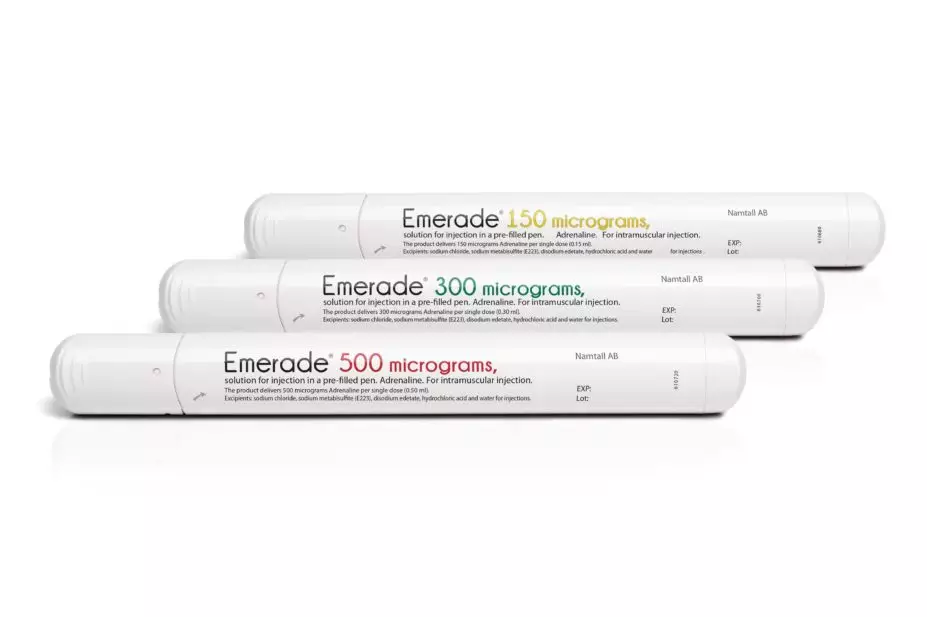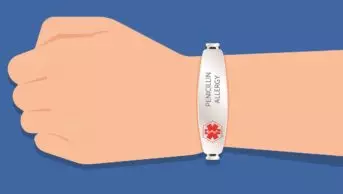
Bausch & Lomb
Healthcare professionals should always offer people with allergies a prescription for two further adrenaline injectors before discharge from hospital and advise patients to carry these with them at all times, updated guidance from the National Institute for Health and Care Excellence (NICE) has said.
The clinical guidance on ’Anaphylaxis: assessment and referral after emergency treatment’ was updated on 24 August 2020, following advice set out in a prevention of future deaths report issued by the senior coroner at St Pancras Coroner’s Court.
The report, which was sent to 12 organisations including NICE, NHS England and the Medicines and Healthcare products Regulatory Agency (MHRA) at the end of January 2020, described the death of a patient — Shanté Andreé Marie Turay-Thomas — in 2018 from acute anaphylaxis, owing to a nut allergy.
The subsequent coroner’s inquest highlighted 20 areas of concern, including that Turay-Thomas’s GP did not emphasise to her that two adrenaline auto-injector pens should be carried at all times after her pen was changed from an EpiPen to an Emerade.
Following the switch in pens, the GP did not reconsider the prescription or increase the dose from 300 micrograms to 500 micrograms, and failed to ask the patient to come into the surgery for training in use of the Emerade, which operates in a different way to the EpiPen.
The report said that the GPs involved relied upon the advice given by the local clinical commissioning group (CCG), which in this case was “wrong”, adding that the “whole area” would benefit from a NICE review as well as a review by NHS England, “particularly in terms of the guidance given to CCGs” and regarding education and training in the management of allergies.
NICE said in a statement to The Pharmaceutical Journal that it responded to the report by updating its guideline on anaphylaxis.
“In August 2020 we updated our guideline on anaphylaxis: assessment and referral to add that people should be offered a prescription for two further adrenaline injectors before discharge and advised to carry these with them at all times (see recommendation 1.1.11).”
“Before discharge a healthcare professional with the appropriate skills and competencies should offer people (or, as appropriate, their parent and/or carer) … a prescription for two further adrenaline injectors, with advice to carry the injectors with them at all times,” the updated guidance said.
In a statement released in May 2020, a spokesperson for the MHRA, which now has an expert working group on adrenaline autoinjectors, said it was “vital” that patients followed advice to carry two pens with them at all times and that, when switching to a different brand of adrenaline pen, it was “essential” that the patient and their caregivers learn how to use the new pen as each one is used differently.
“Patients should ask a healthcare professional such as a doctor, nurse or pharmacist for help with training and read the instructions on how to use the pen, contained in the leaflet inside the box the pen is supplied in,” the statement said.
“The manufacturers’ websites for each brand of pen also have information for patients, and training videos, on how to use that specific pen. Trainer pens can be obtained from the manufacturer and patients are strongly urged to obtain these so they can practise.”
The Pharmaceutical Journal approached NHS England for comment.


